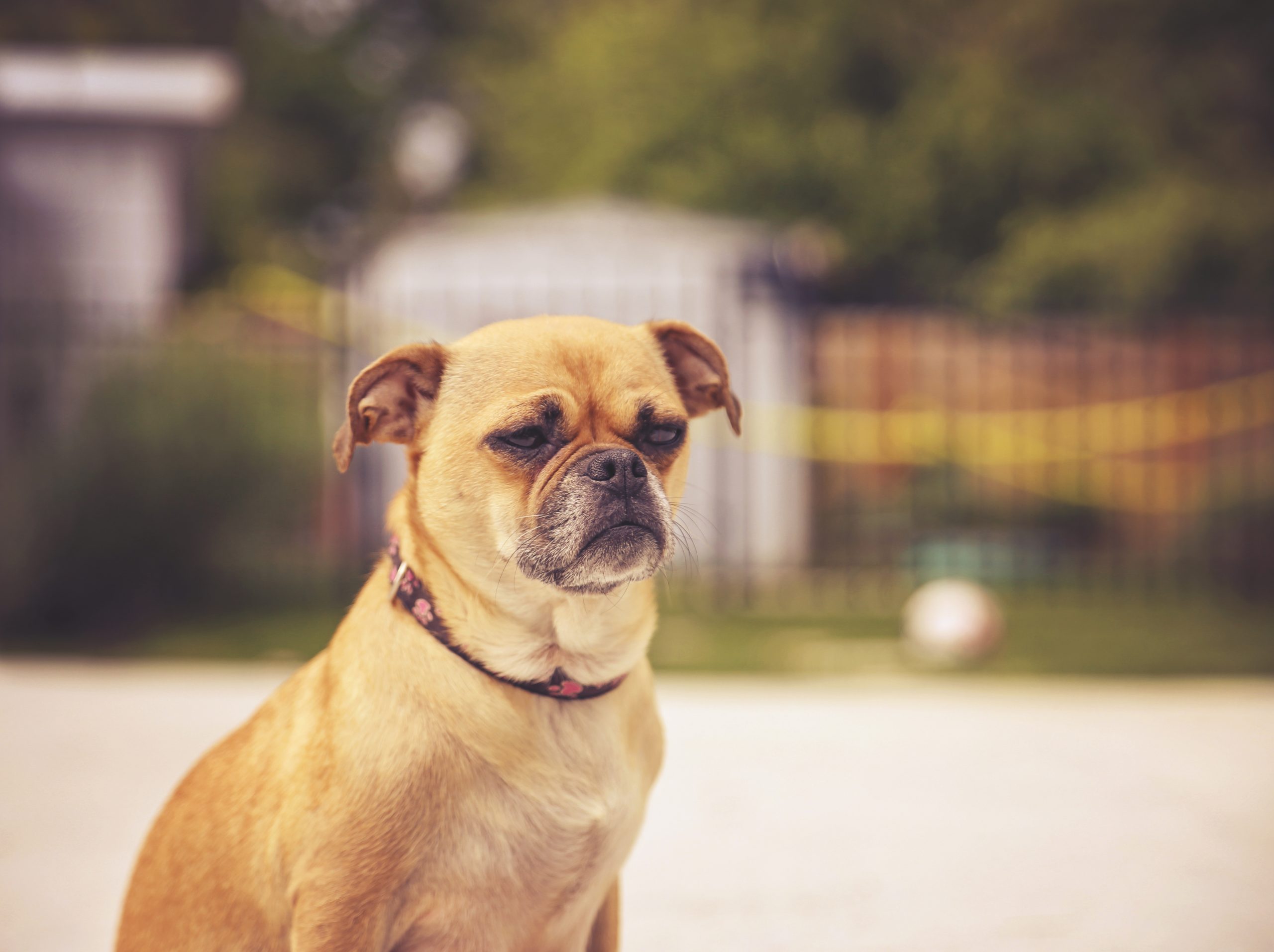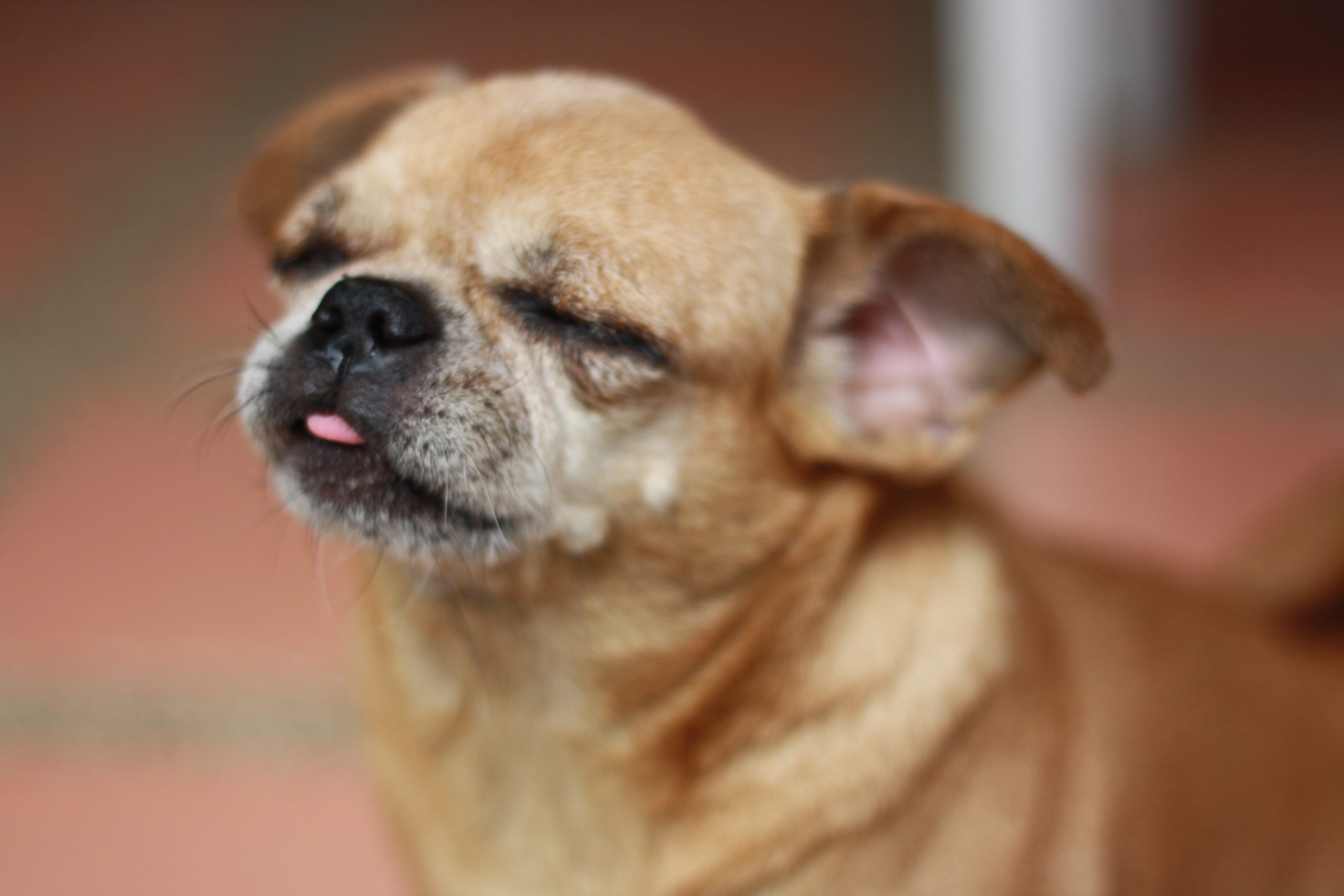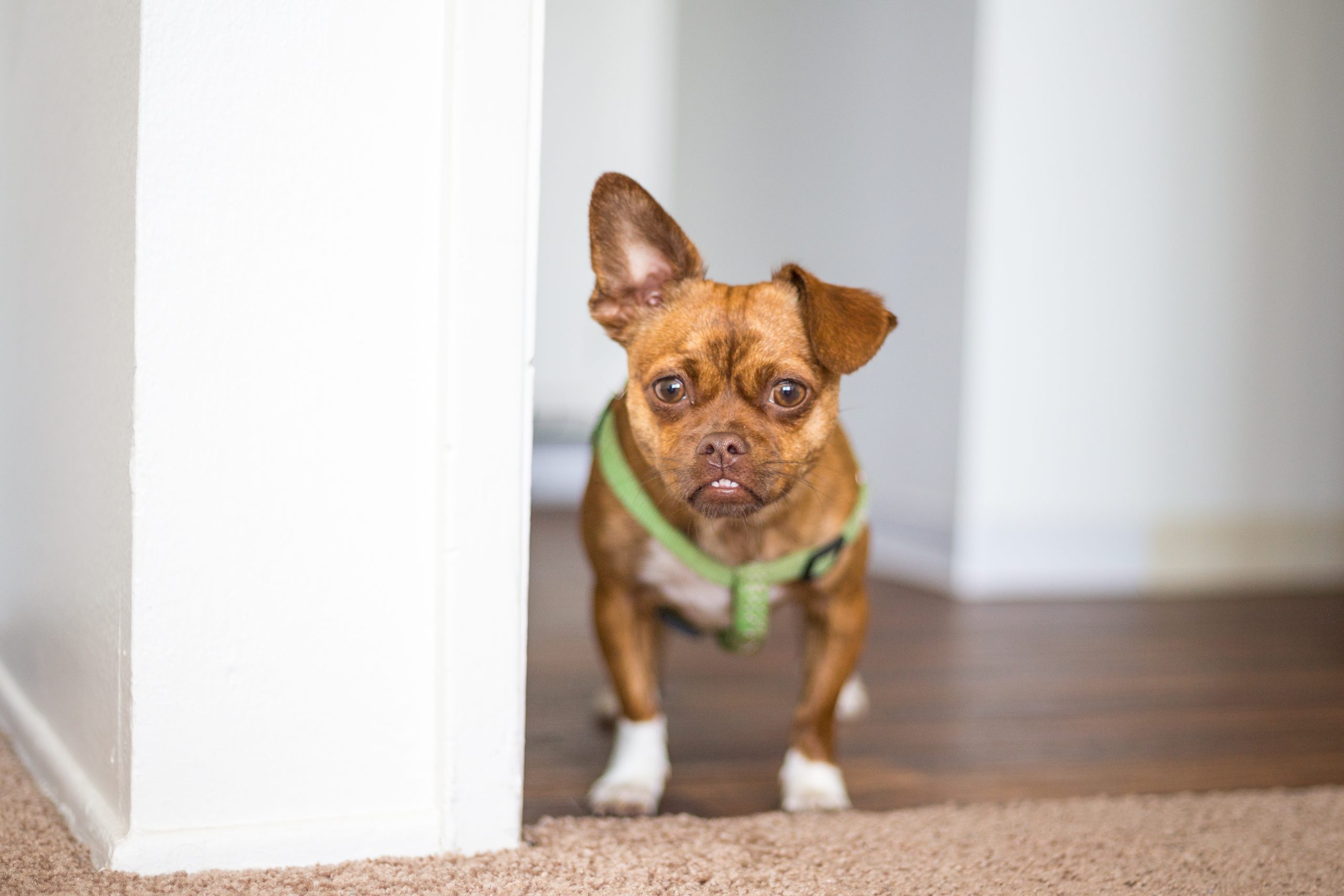Chug
No products found which match your selection.
Shelter Dog Meal Donation Count:
No products found which match your selection.
Chug is a small, affectionate, and lively companion dog that thrives in a variety of living situations, making it an excellent choice for families, singles, and seniors alike. Its moderate exercise needs and high trainability make it a versatile pet, provided owners are mindful of its potential health issues.
The Chug’s coat is typically short and easy to maintain, though it can vary depending on which parent breed they take after more.

Chugs emerged in the late 20th century, riding the wave of popularity of designer breeds. They were bred for companionship, combining the Pug’s friendly nature with the Chihuahua’s alertness.




They can inherit health issues like respiratory problems (from the Pug) and dental issues. Regular vet check-ups are important.
Their grooming needs are relatively low. Weekly brushing and occasional baths are usually sufficient.
Chugs enjoy short walks and play sessions. They do not require extensive exercise but do enjoy being active.
Training should be consistent and positive. They can be stubborn but respond well to patient training methods.
A balanced diet formulated for small dog breeds is ideal. Portion control is important to prevent obesity.
In conclusion, the Chug is a loving and adaptable companion suitable for various households. Their playful nature and moderate exercise make them great pets for active individuals and those seeking a more relaxed companion. Proper care and regular veterinary visits are essential to keep them healthy and happy.
The Chug, a crossbreed between a Chihuahua and a Pug, inherits characteristics and potential health issues from both parent breeds. Awareness of these health issues and conducting recommended tests can greatly contribute to the well-being of a Chug. Here's a detailed overview:
By understanding these health issues and adhering to regular check-ups and tests, Chug owners can help ensure their pets lead a healthy and happy life. Always consult a veterinarian for personalized health care plans and advice for your pet.
The iHeartDogs Free Rx Discount Card Program is a pet prescription discount card that can help you save money on your furry friend’s medications. The card is free to sign up for, and you can use it at participating pharmacies nationwide. To use the free program, simply show the card to your pharmacist when you pick up your pet’s prescription. The pharmacist will then scan the card, and you will receive a discount on the price of the medication.LEARN MORE
Caring for a Chug, a crossbreed between a Chihuahua and a Pug, involves various expenses that should be considered before bringing one into your home. The annual cost of owning a Chug can vary depending on several factors, including where you live, the dog’s health and age, and the level of care you provide. Here’s a general overview of the typical annual expenses:
Total Estimated Annual Cost:
$1550 - $5300
It's important to note that these figures are estimates and can vary. Also, the first year of owning a dog can be more expensive due to one-time costs like spaying/neutering, initial vaccinations, and training. Regular budgeting for your dog's needs and an emergency fund for unforeseen costs are essential for responsible pet ownership.
We rely on ads to keep creating quality content for you to enjoy for free.
Please support our site by disabling your ad blocker.
Continue without supporting us
If the prompt is still appearing, please disable any tools or services you are using that block internet ads (e.g. DNS Servers).